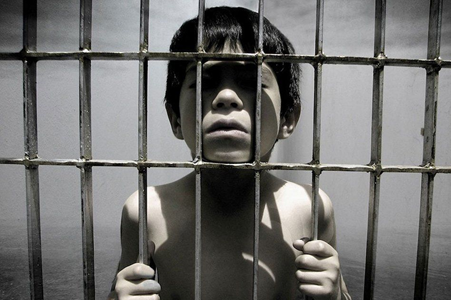Assessing Juvenility a ‘Delicate Task’: SC
Context
The Supreme Court has come up with guidelines for the delicate task of deciding whether juveniles aged between 16 and 18, accused of heinous offences such as murder can be tried like adults as per the JJ Act, 2005.
Points made by the apex court
- The Accused of heinous offences can be tried like adults, should be based on meticulous psychological investigation.
- They should not leave to the discretion and perfunctory “wisdom” of juvenile justice boards and children’s courts across the country, the Court held.
What is meant by Heinous Crimes?The Supreme Court cited Article 142 of the Indian Constitution, as defined under Section 2(33) of the Juvenile Justice (Care and Protection of Children) Act 2015, an offence that prescribes a maximum prison sentence greater than 07 years but provides no minimum penalty, or minimum penalty of less than 07 years, cannot be considered to be a 'heinous offence'. Some listed offences that are Heinous crimes
|
What delicate tasks does the apex court refer to?
Preliminary Assessment
- Section 15 of the JJ Act requires a “preliminary assessment” to be done of the mental and physical capacity of juveniles, aged between 16 and 18, who are involved in serious crimes.
|
The Juvenile Justice Board is an institutional body constituted under Section 4 of the JJ Act, 2015. |
- The assessment is meant to gauge a child’s ability to understand the consequences of the offence and the circumstances in which he or she allegedly committed the offence.
- If the Juvenile Justice Board is of the opinion that the juvenile should not be treated as an adult, it would not pass on the case to the children’s court and hear the case itself.
- If the Board decides to refer the case to the children’s court for trial as an adult, the juvenile, if guilty, would even face life imprisonment.
Mental capacity
- The evaluation of ‘mental capacity and ability to understand the consequences’ of the child in conflict with law should not be relegated to a routine task.
- The process of taking a decision on which the fate of the child in conflict with law precariously rests, should not be taken without conducting a meticulous psychological evaluation.
- The court said the Board which conducts the assessment of the child should have at least one child psychologist.

About Juvenile Justice Act, 2015
|

